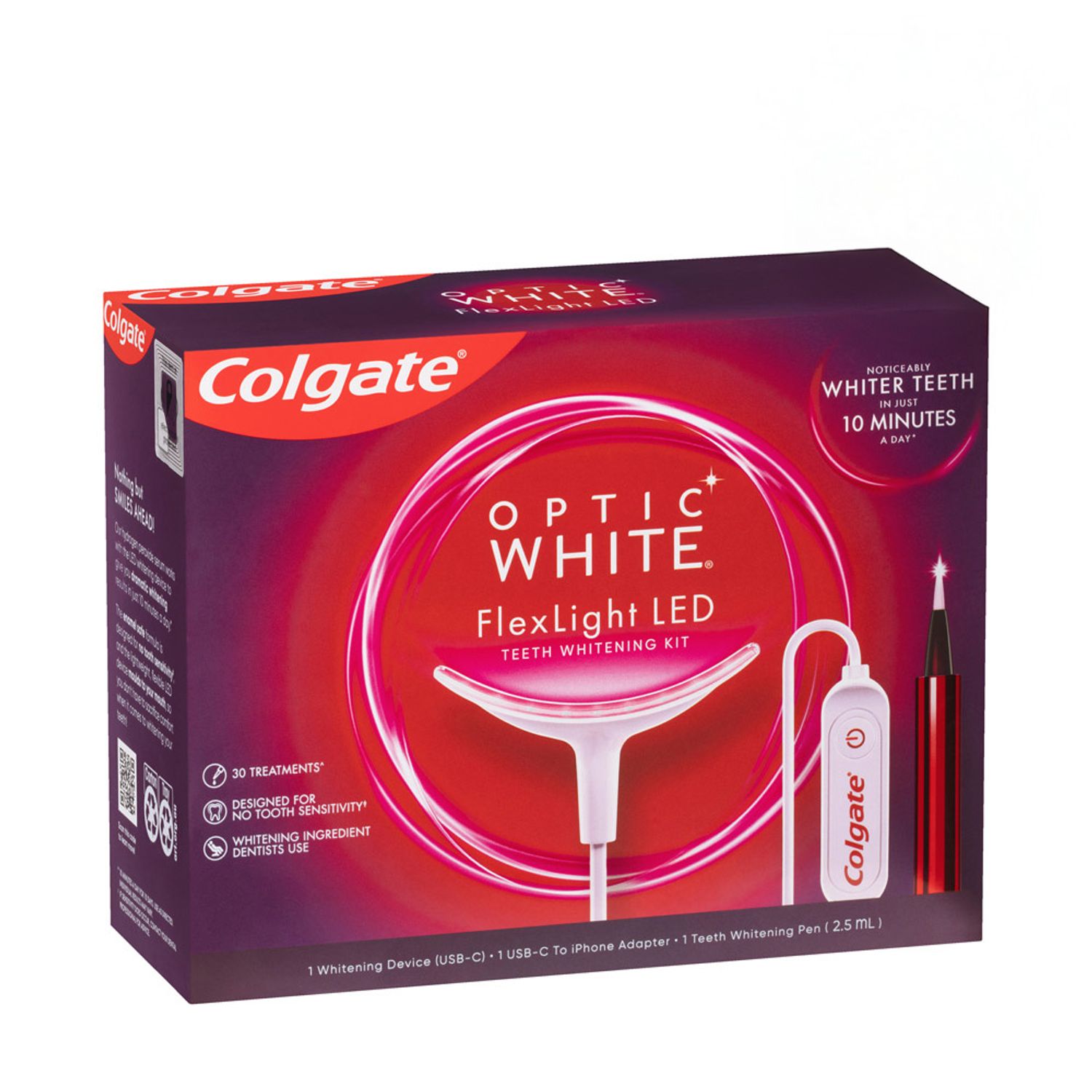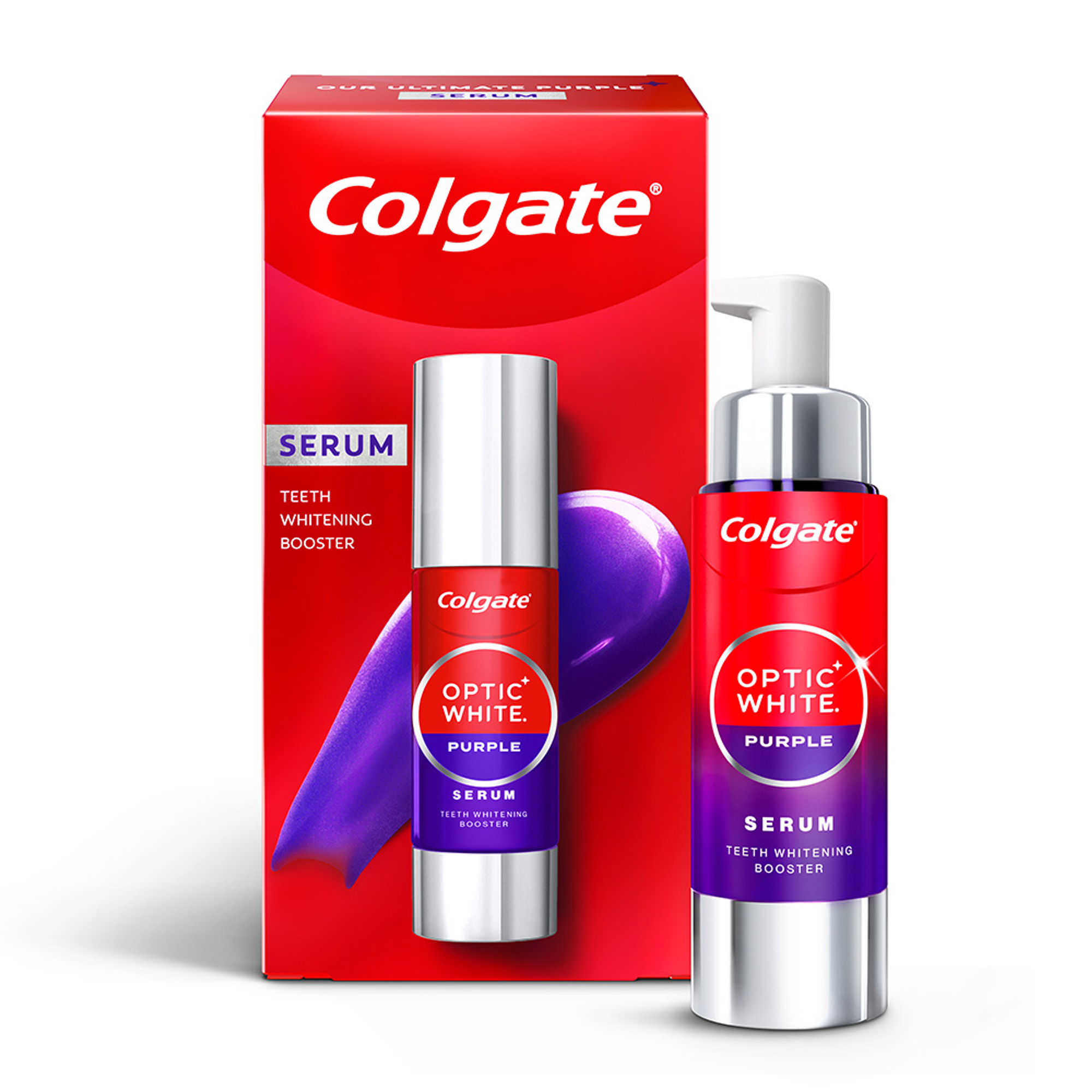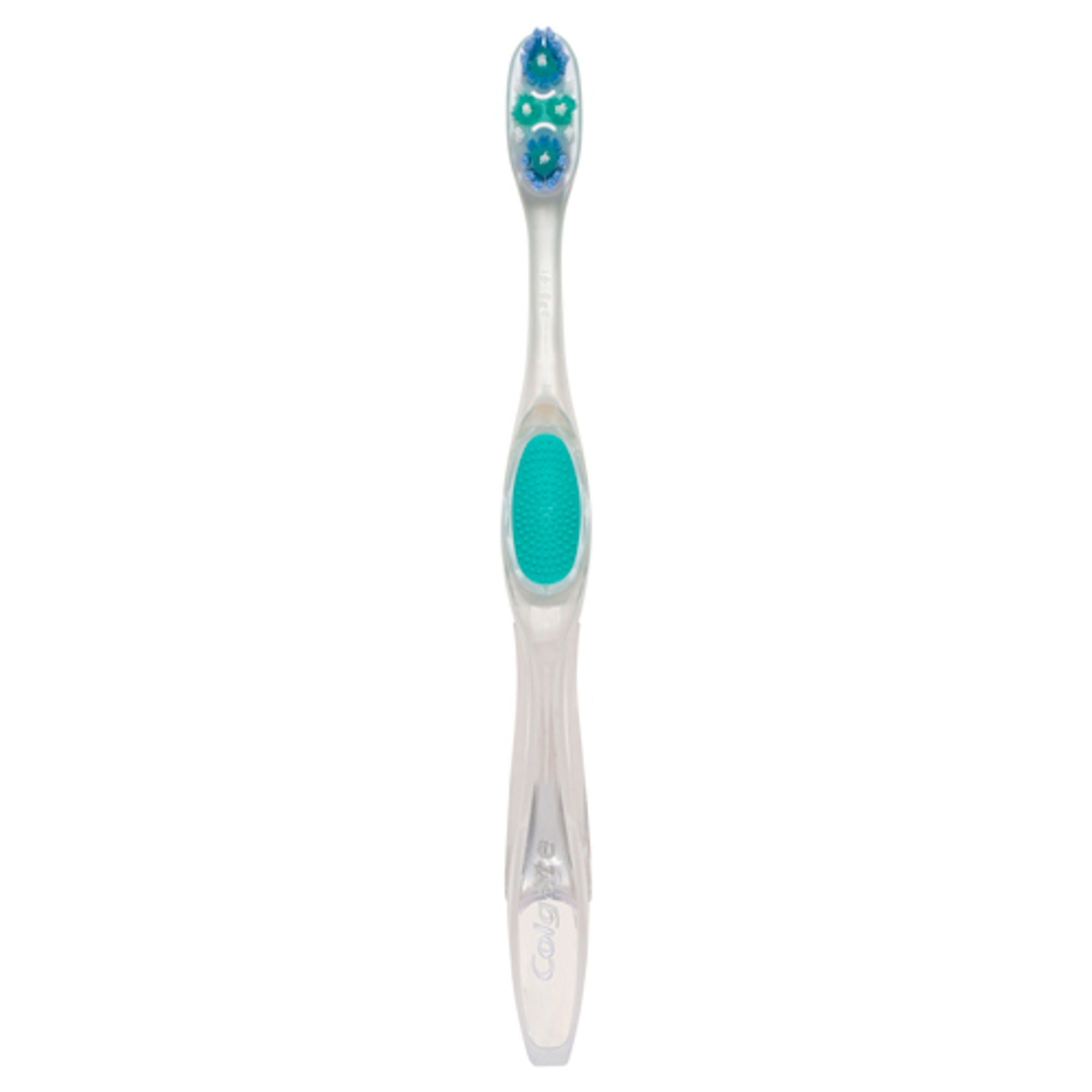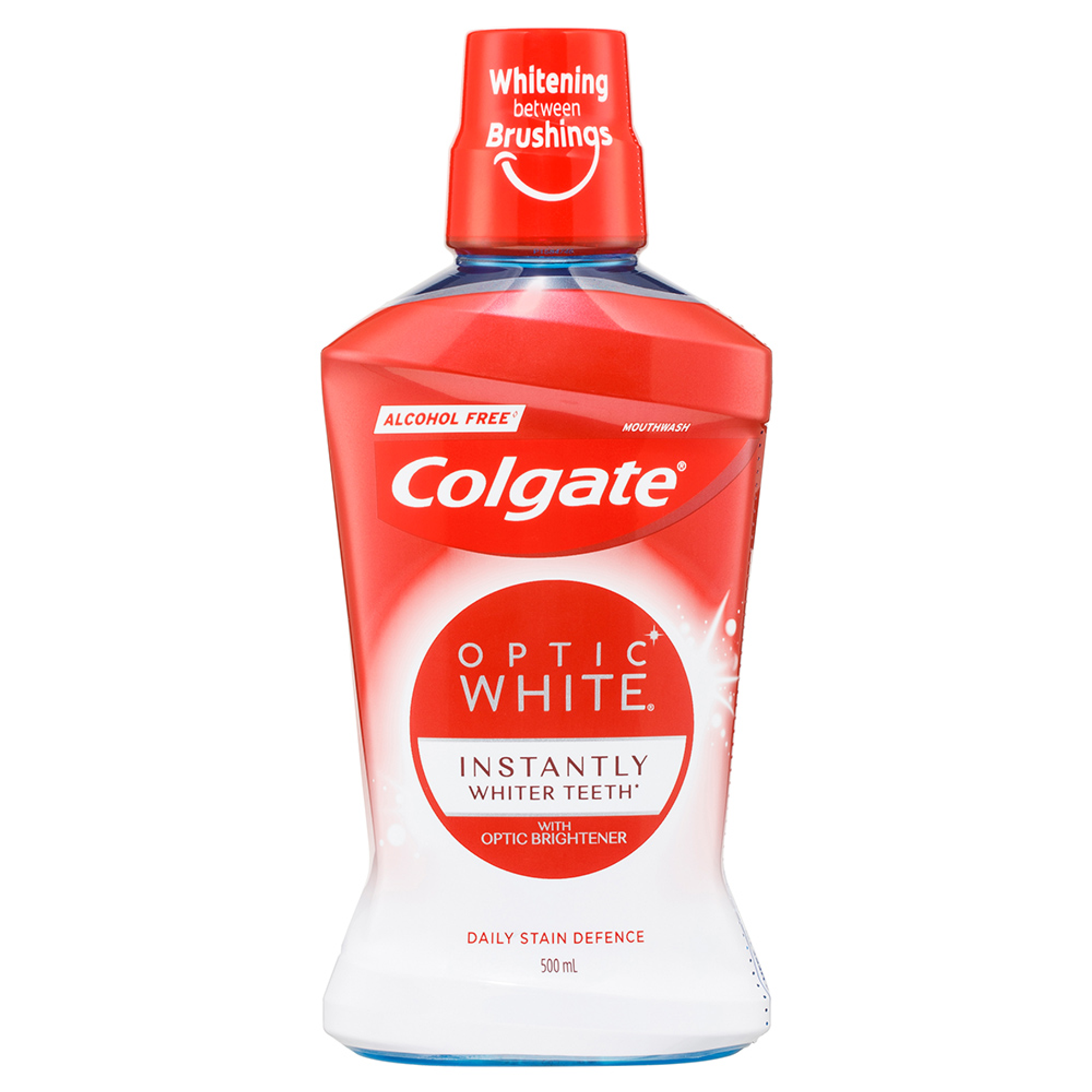Minimise staining liquids
If you grab an espresso or latte every morning and a cold can of cola each afternoon, you may notice that your teeth have lost some of their brightness over time. Coffee, tea, cola and red wine are some of the common liquids that stain teeth. So if you’re serious about keeping your teeth white, try to cut back on these beverages.
TIP: Use a Straw. If you can’t live without these drinks, there’s no problem. Try sipping them through a straw, particularly in the first few days after a whitening treatment. Sipping through a straw reduces the amount of liquid that comes in contact with your teeth. Just think of the environment and choose reusable straws – not plastic. And keep them handy wherever you might need them.
Eliminate tobacco
Eliminating stain-causing tobacco isn’t just good for keeping your teeth white. There are many adverse oral risks associated with tobacco use, including gum disease, oral cancer, a dulled sense of taste and slower healing after certain dental procedures. Quitting tobacco use can lead to drastic improvements in your teeth’s appearance – along with your oral and overall health.
Try a whitening toothpaste
Whitening toothpaste is an excellent solution to removing any surface stains that may have accumulated throughout the day. Some whitening toothpastes even contain hydrogen peroxide to help remove food stains from the enamel. It’s a simple step, but a whitening toothpaste can give your teeth a twice-daily whitening refresher, giving you many more reasons to smile.
Drink water between tooth-staining beverages
You can still enjoy these potentially staining drinks in moderation; just drink water in between. Water is good for your overall health and will also help wash away dark liquids from the surfaces of your teeth. Try alternating a sip of coffee, tea, or hot chocolate with a drink of water. As a bonus, your much-loved beverage will last longer.
Brush your teeth afterwards
The longer the liquid sits on your teeth, the more intense the staining will be. Carry a toothbrush and toothpaste with you so that you can freshen up after your coffee break. Although, don’t act too quickly; you should wait at least 30 minutes to brush your teeth after drinking any acidic drink like coffee. If you brush too soon, you may end up causing tooth wear instead of cleaning off the acid.
Keep up your daily oral care routine
The best way to protect against stained teeth is with a proper oral care routine. Plaque attracts staining substances. Therefore, by reducing plaque, you’ll help reduce overall discolouration. Twice-daily brushing will help to keep your mouth clean, healthy, and stain-free. Make sure you are flossing once a day as well, or you might still end up with stains between your teeth.
See your dental professional for regular cleanings
Aside from regular daily care, what more can you do to keep your teeth white? Visiting your dentist’s surgery for regular checkups is an excellent move. Your dental professional can polish away surface stains when he or she cleans your teeth. The mild abrasive action of professional cleaning is a helpful tool for fighting discolouration without having to bleach your teeth again.
With excellent brushing habits and professional cleanings, you can maintain your bright smile. Keep in mind, some staining will occur over time, even without habits like coffee, drinking, and smoking. And as healthdirect advises, if you’re considering teeth whitening, make sure you speak to your dental professional to see if your teeth are suitable first. If so, they can also recommend the best products to whiten your teeth.
This article is intended to promote understanding of and knowledge about general oral health topics. It is not intended to be a substitute for professional advice, diagnosis or treatment. Always seek the advice of your dentist or other qualified healthcare provider with any questions you may have regarding a medical condition or treatment.














